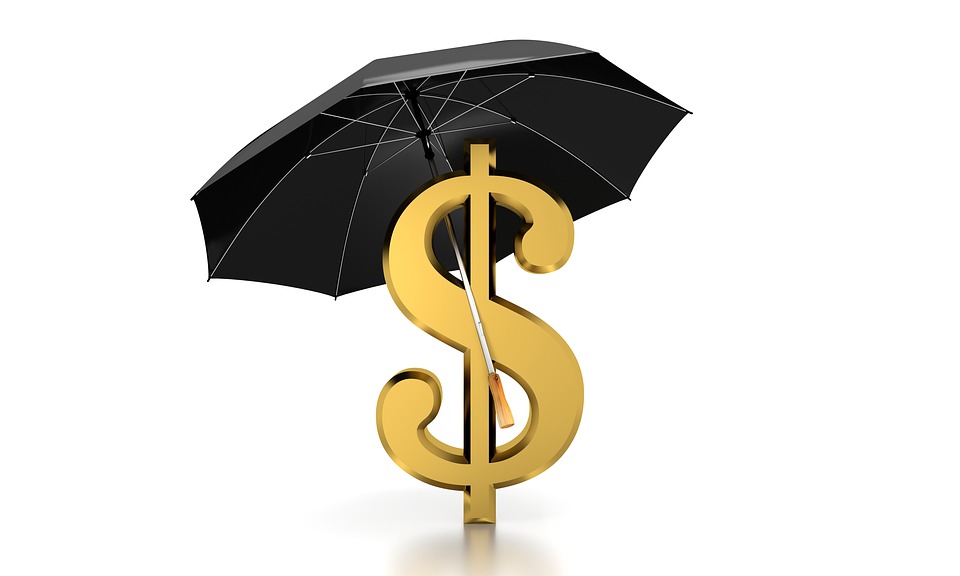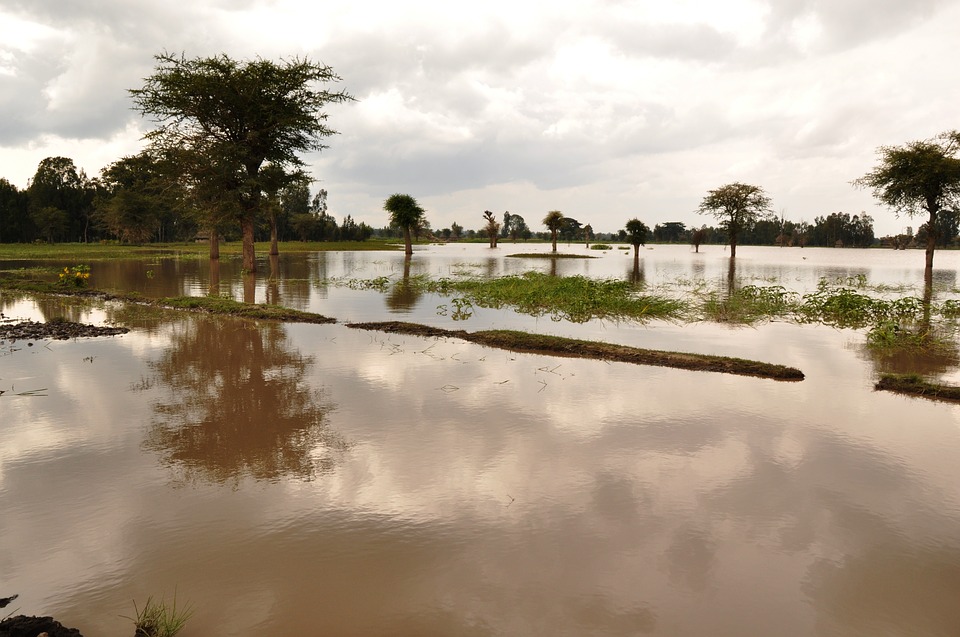 Courtesy of iii.org
Courtesy of iii.org
If you are ever sued, your standard homeowners or auto policy will provide you with some liability coverage, paying for judgements against you and your attorney’s fees, up to a limit set in the policy. However, in our litigious society, you may want to have an extra layer of liability protection. That’s what a personal umbrella liability policy provides.
An umbrella policy kicks in when you reach the limit on the underlying liability coverage in a homeowners, renters, condo or auto policy. It will also cover you for things such as libel and slander.
For about $150 to $300 per year you can buy a $1 million personal umbrella liability policy. The next million will cost about $75, and $50 for every million after that.
Because the personal umbrella policy goes into effect after the underlying coverage is exhausted, there are certain limits that usually must be met in order to purchase this coverage. Most insurers will want you to have about $250,000 of liability insurance on your auto policy and $300,000 of liability insurance on your homeowners policy before selling you an umbrella liability policy for $1 million of additional coverage.



